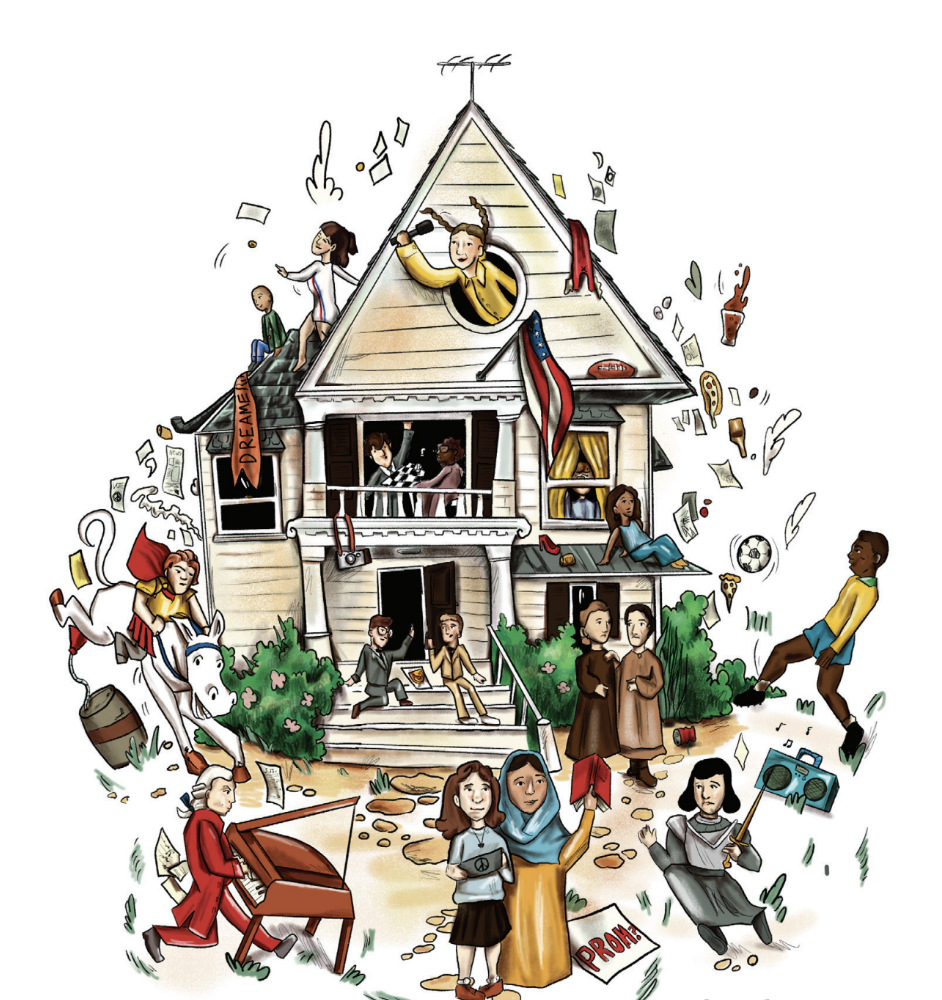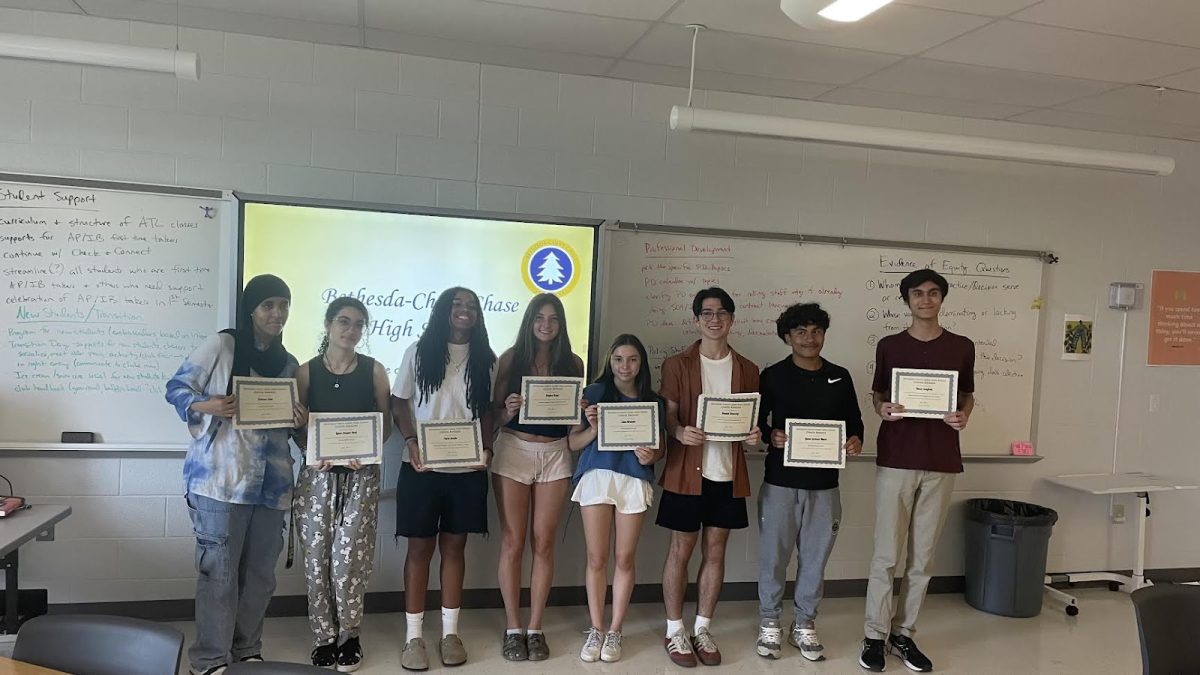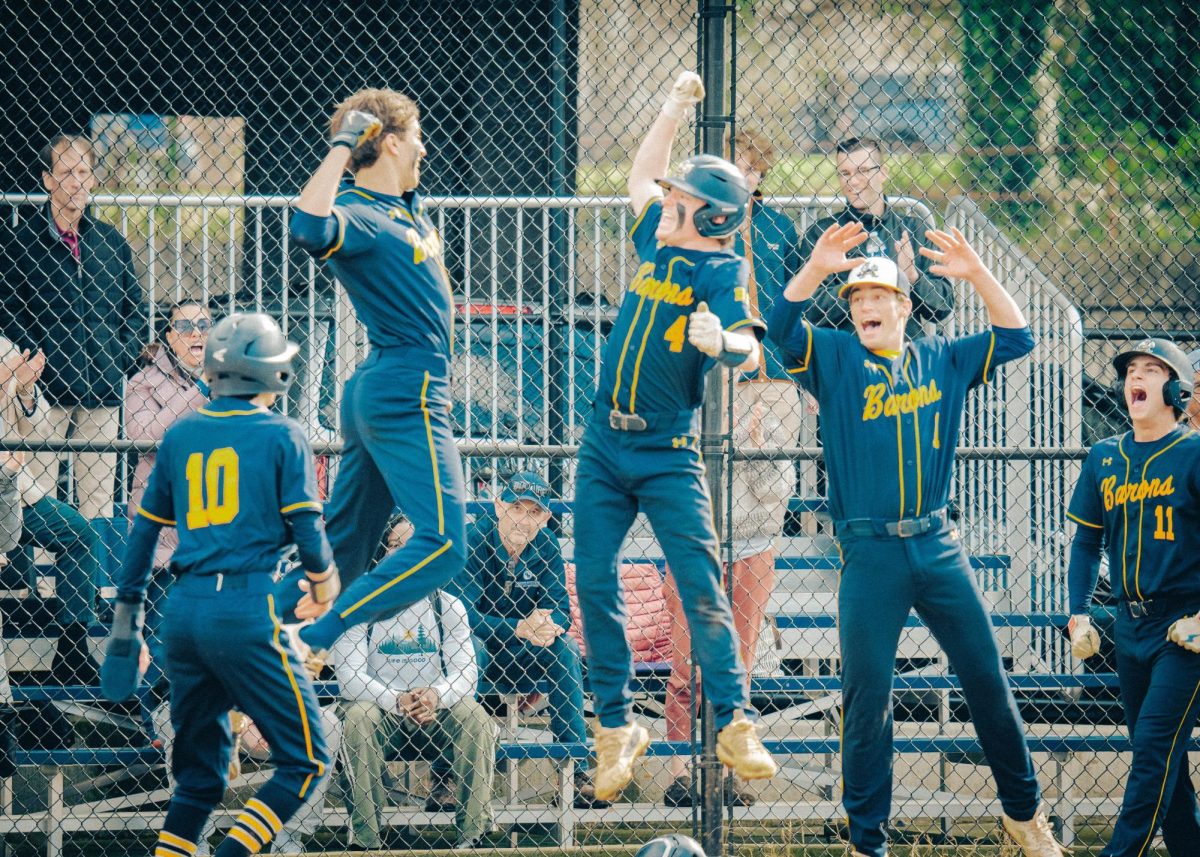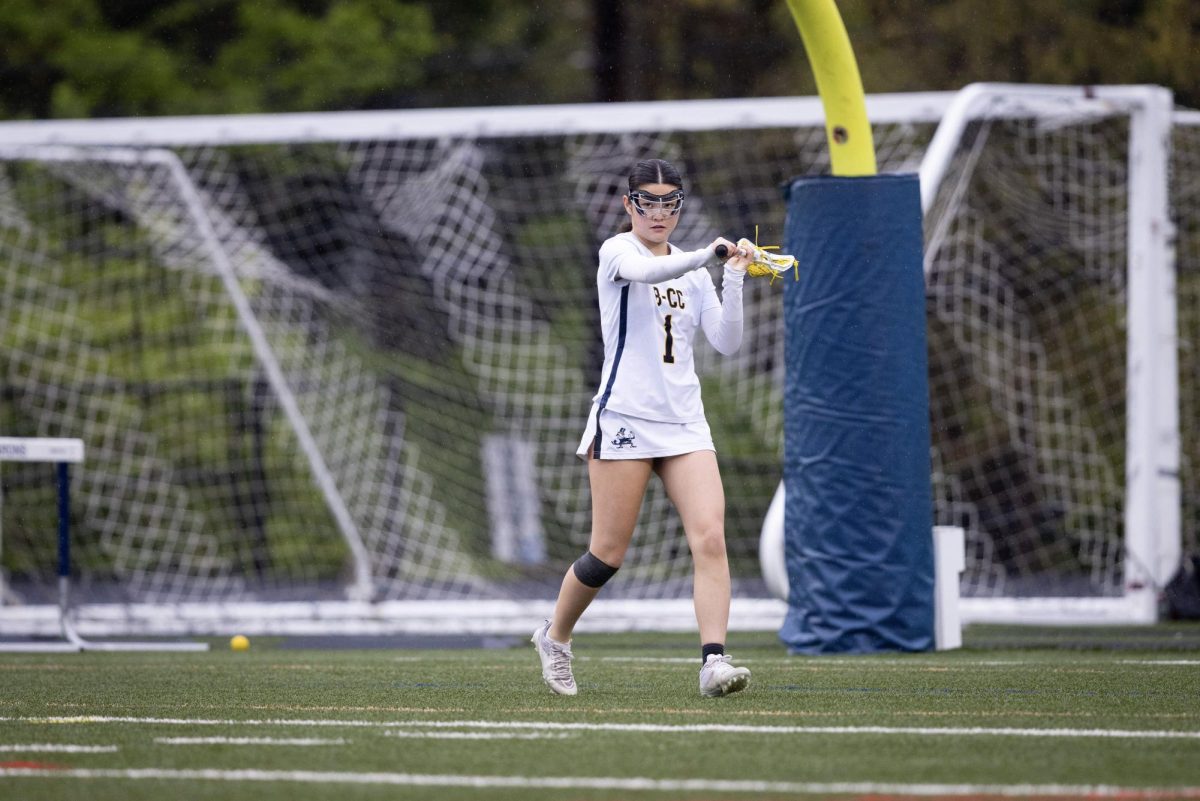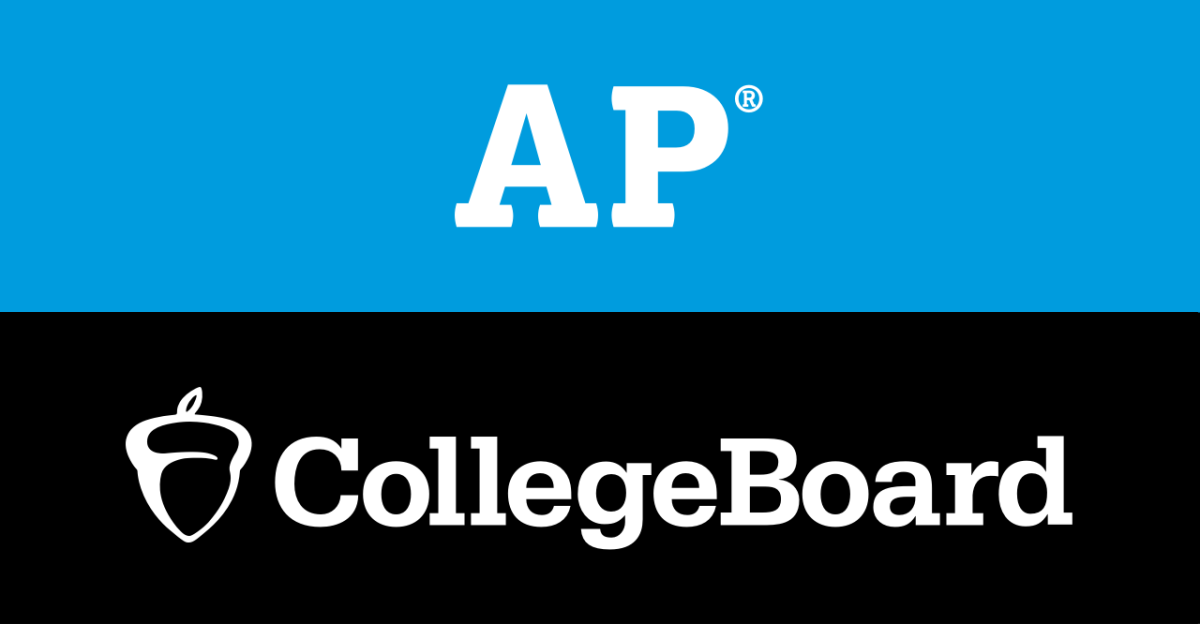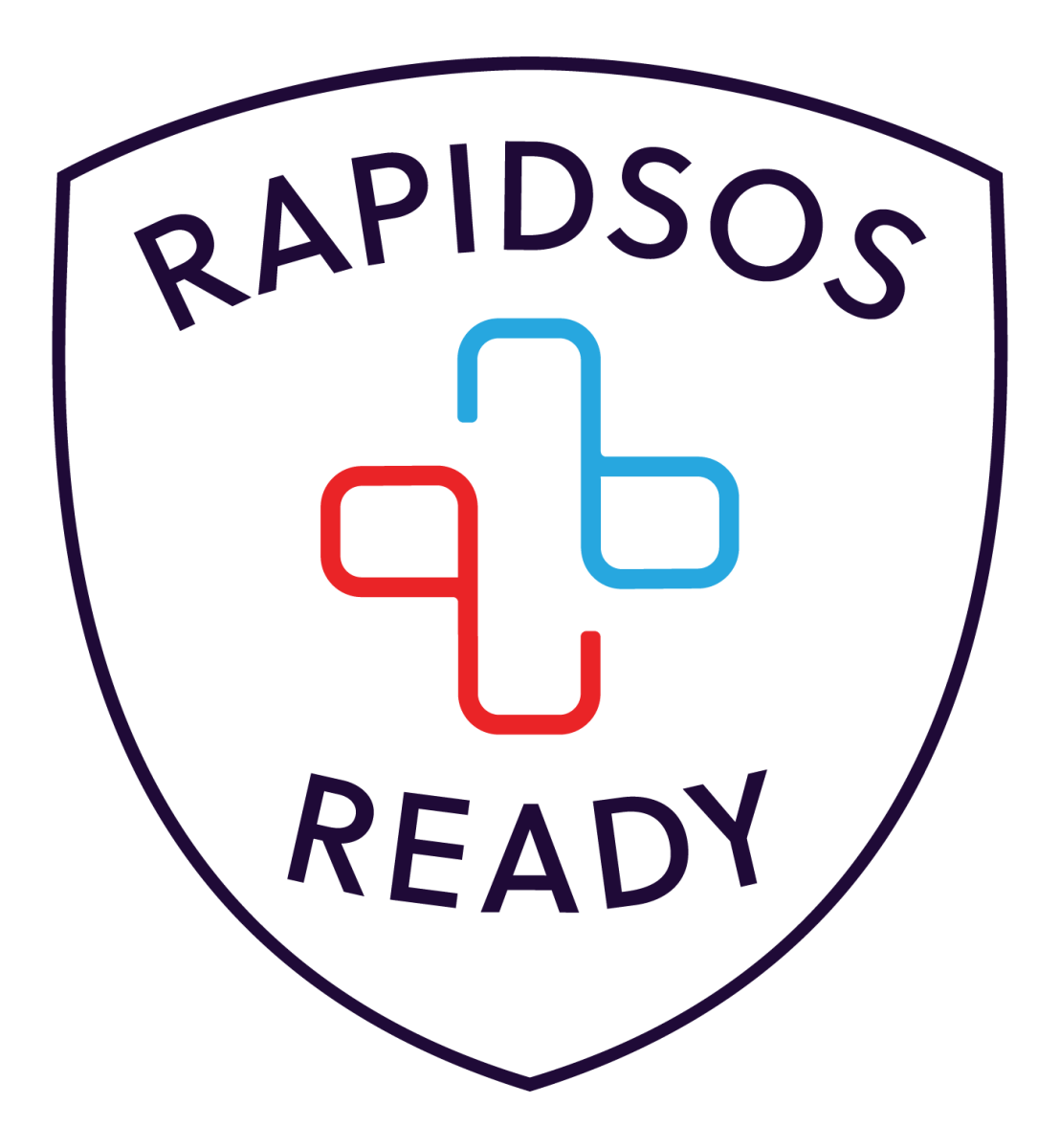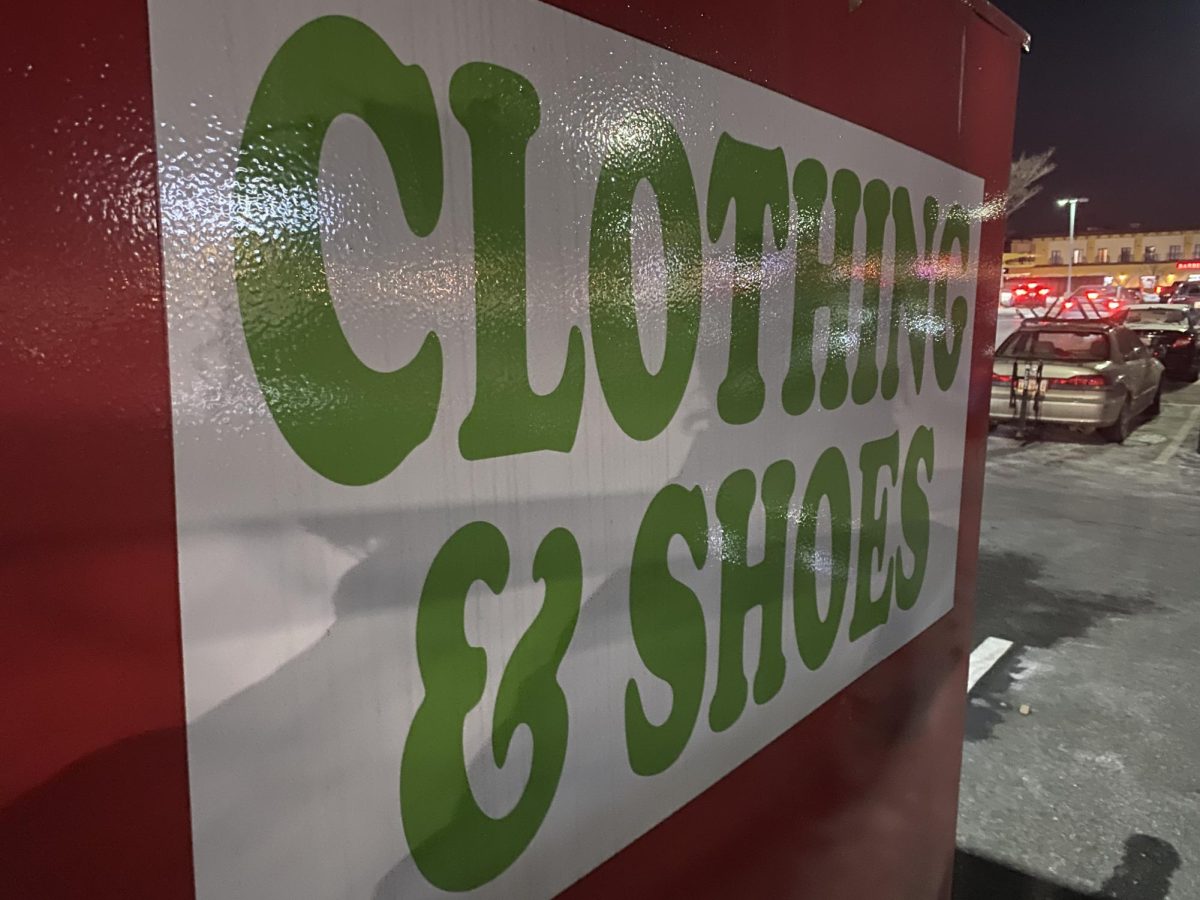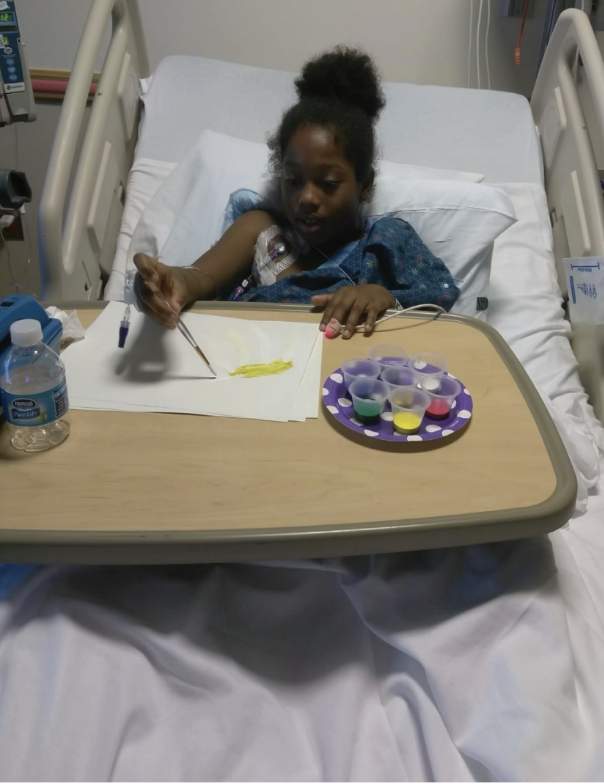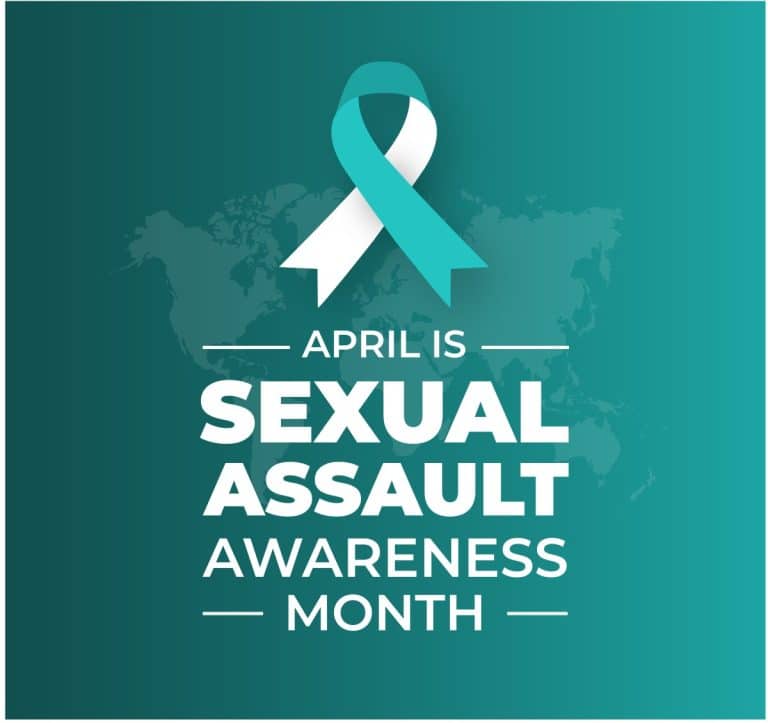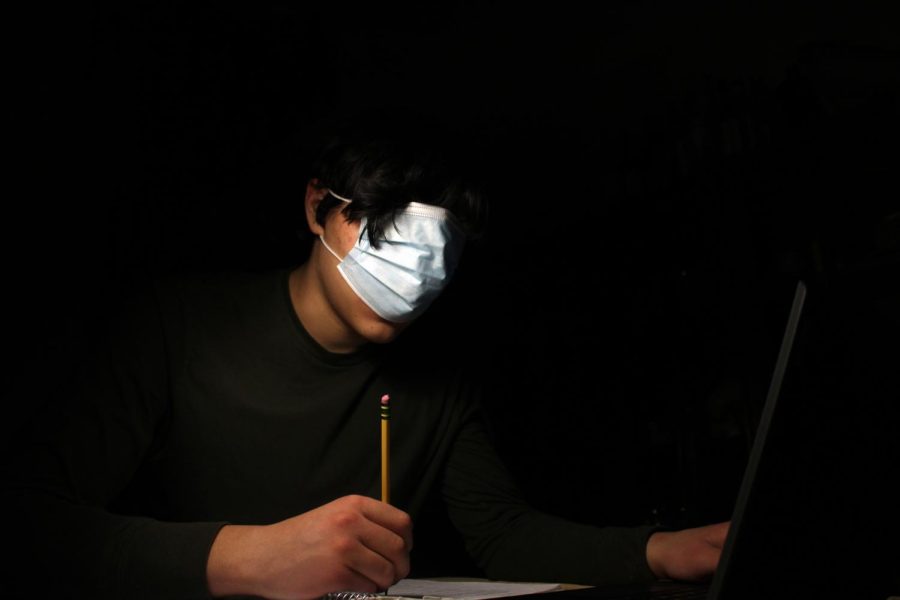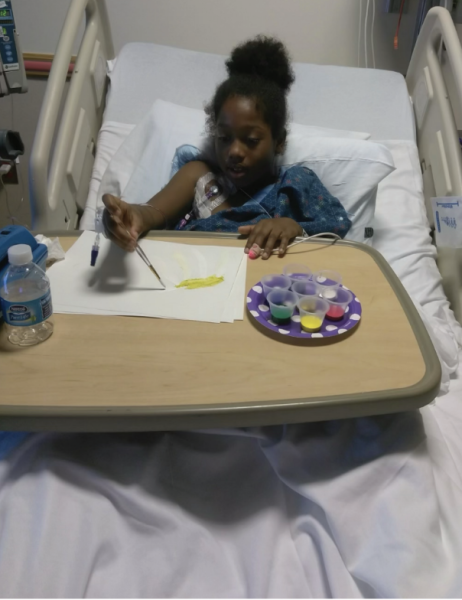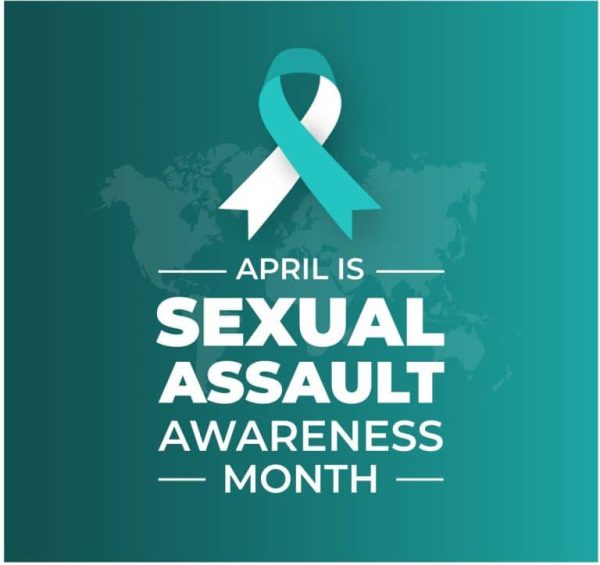The Kids Are(n’t) Alright
With so many students struggling or failing their math courses, over 50% have engaged a private tutor to support their child, according to a survey of B-CC parents.
“You can have all [the] bigger Zoom wellness meetings that you want, but it doesn’t address this underlying impossible problem,” Lyric Winik, PTA president, shared in an interview.
She is referring to the two years of disrupted learning that students will never get back—the pandemic years that catastrophically interrupted everything in our lives, particularly school. We’re finally back in the classroom and trying to return to our previous normalcy, but it is long gone.
Winik surveyed members of the B-CC parent listserv about some of their concerns and found that roughly 50% have engaged a private tutor to support their student.
“The comments that I got, it’s clear that for some students, they’re kind of in an extreme tutoring situation. This is not a little bit of help. They’re requiring a lot of help to keep up,” she mentioned.
Not everyone can afford that kind of help. It’s inaccessible to many families, and according to data from a Brookings study, “test-score gaps between students in low-poverty and high-poverty elementary schools grew by approximately 20% in math.” The already existing opportunity gap between students is growing, and we aren’t doing enough to prevent it.
“Our county specifically, we are at this point of just trying to pass a lot of students, so [grades are] inflated and it doesn’t actually show they’ve learned things because you can’t do calculus without knowing algebra, but unfortunately, a lot of students are attempting to do that,” said Ms. Petro, an Algebra 2 teacher at B-CC. She says the past year of teaching has been the hardest year of her life.
“Our job is unfortunately 75% behavioral control and feeling like we’re babysitting,” she shared, visibly frustrated.
“I’ve seen a lot more numbers that aren’t passing the class but decided to stay in it. I’m not saying there should be more students dropping, but if they did drop, I think there’ll be fewer failures in the class.”
Every subject experiences setbacks in the classroom in the wake of COVID, but in math, we can see tangible proof. Math builds and missing any foundational concepts will haunt students as they progress in their educational careers. Widespread education deficits refuse to be forgotten.
Junior Zoe Kessner described that before the pandemic she was a part of the accelerated, advanced math track. She took rigorous math courses with ease until she felt that “never asking questions or relying on the easily accessible internet for my answers led to me falling behind rapidly.”
Winik said, “There just was not enough communication [from the school].” She argued that there should be clear-cut ways, provided by the school, for struggling students to know what they’re getting into when they sign up for rigorous math courses after missing years of in-person instruction.
“You don’t want to see your kids suffering like this, and you feel kind of helpless. Let’s face it, for most of us, we don’t have the skills to help them because we aren’t doing algebra anymore,” she expressed.
Ms. Petro offered, “[We have to] learn ways to cope with it and work around things instead of just making it easier, easier, easier.”
Life, unfortunately for us, doesn’t get any easier, as ready as we are to put the pandemic far behind us.
Nat is a B-CC senior and is reprising his role as section director of art and photography for the second year in a row. In his free time, Nat enjoys boxing,...



